The second stage «2020-2030»: what to expect?
We are gradually approaching to the second stage. The planned concepts will be actively implemented within a year. What should happen during this time:
- The principles of the previous stage are still valid, but communication and cooperation are increased.
- Flexible and adaptive learning is introduced.
- Multidisciplinary knowledge is already in action.
- Reduced time for training courses.
- The transition to the modular education of additional disciplines is expected. As a result, students will choose disciplines which, to their mind, fit their future career.
- Teaching guidelines will change: the priority is to teach how to understand processes and interconnections.
- Hybrid construction skills are used: integrated knowledge in the fields of science, engineering, engineering, arts, mathematics and pedagogy.
- Employees will change their qualification. The new generation of professionals has grown: they understand information and the process of its transfer.
- The value of computational and analytical skills for analyzing data from virtual information sources for developing smart cities is growing.
- The smart cities are emerging.
- The close interaction of web technologies, the Internet of things and construction.
The third stage «2030—2040»: the active integration.
- The large-scale application of digital information throughout the life cycle of the building for the entire life cycle of a building.
- The continuation of the educational trends of previous stages.
- The implementing of experts in digital technology and industry.
- Attention to system networks and data analytics. The integrated studies will be in one community, where students will participate in program design and the use of data. Instead, institutional studies will be temporary.
- There is a priority for professionals who can handle a lot of information and quickly make global decisions.
- The large-scale application of design robotics.
- Standalone robotics
- The production of biological materials for construction, which will become a source of energy for building. A technological breakthrough is expected in this area. Integration with synthetic biology, biomechanics, regenerative medicine.
The fourth stage «2040—2050»: the new dimension
- Using the algorithms, a large quantities of data and technological platforms.
- Young professionals will use data from various sources through statistical methods and analytics to provides their rapid use in practice.
- Algorithms will be developed with open source on the forums. Consequently, creation of the necessary assets is fully automated. Instead, there will be a need for specialists who will verify automated information.
- The active development of smart cities as a global integrated economic structure.
- Teaching around the clock, that is, students on educational platforms will be able to learn when they are comfortable.
- In order to provide access to learning, there will be certification and research centers.
- It is at this stage that the demand for labor professions will be reduced by 50%.
- The orientation on the reconstruction, maintenance and operation of existing buildings.
- Increasing automated assembly and digital production.
- Further development of digital systems for creating new intelligent materials.
- Cybersecurity
Every year, the construction industry it never ceases to amaze. Due to the development of the BIM 2050 group the sphere of construction is confidently developing. We already see significant achievements and looking forward to further.

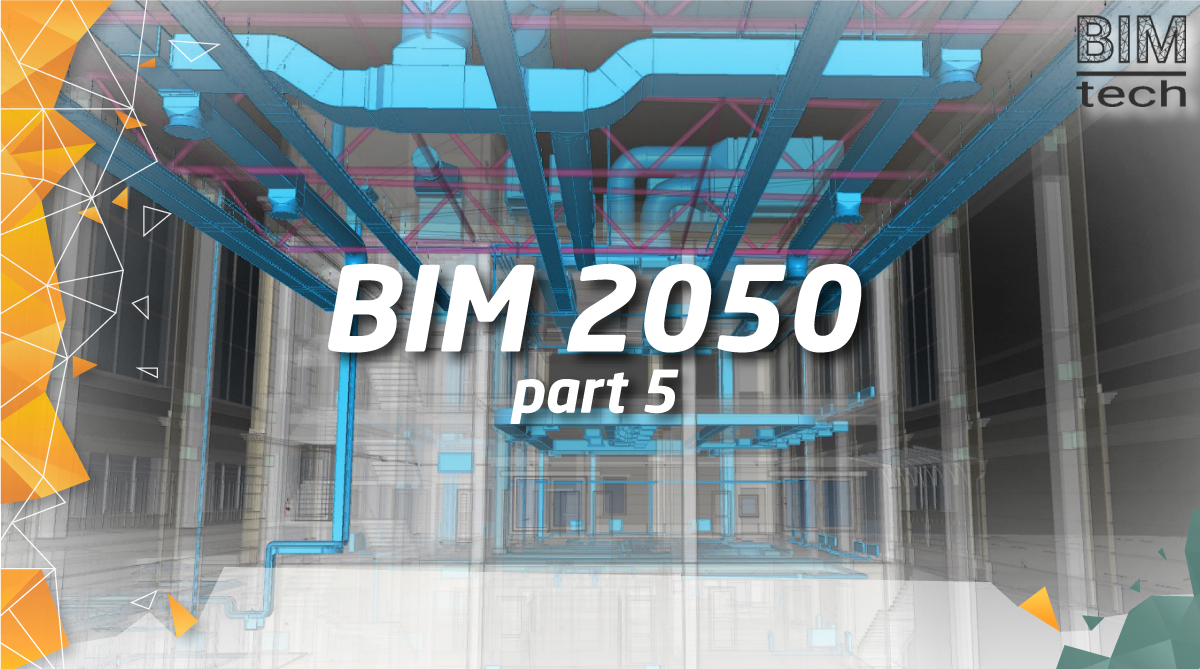
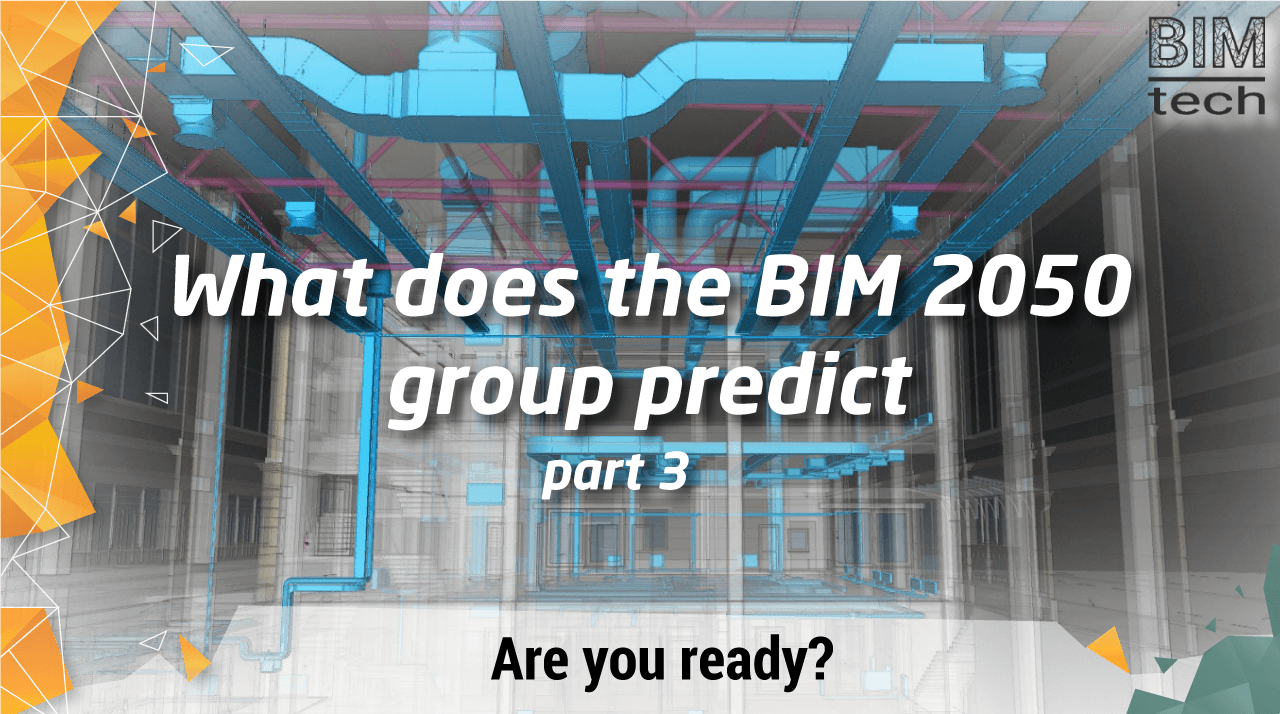
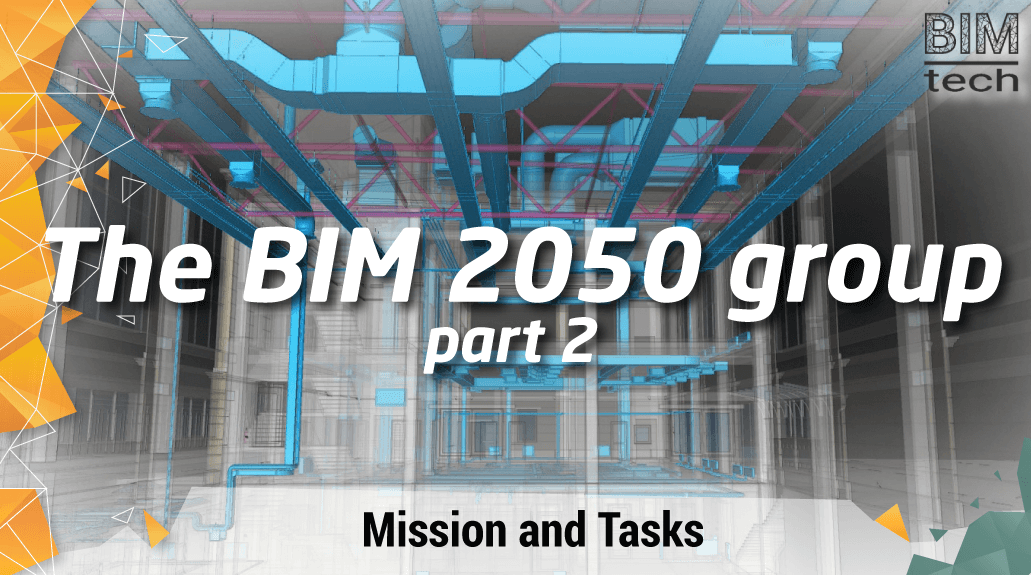
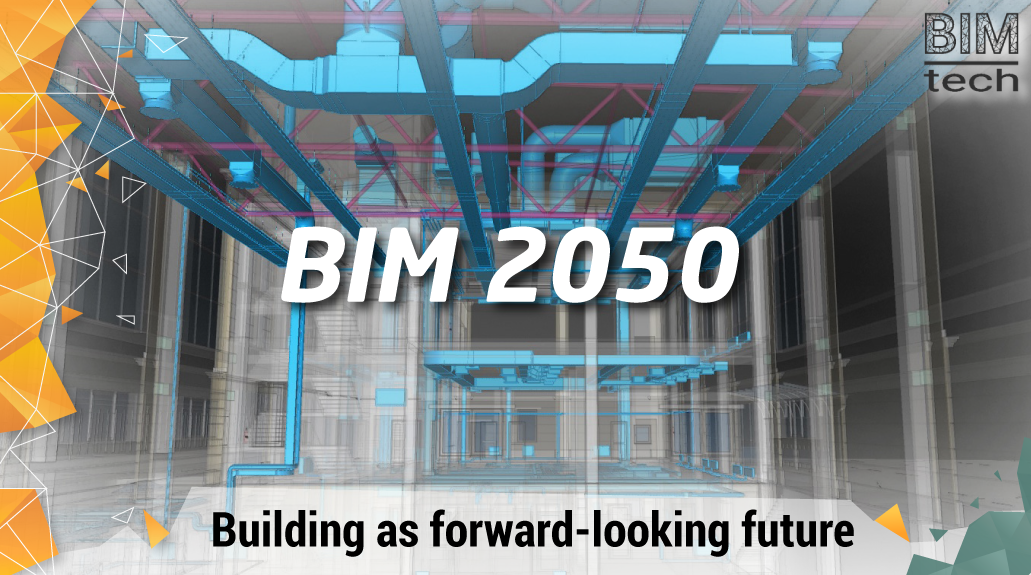
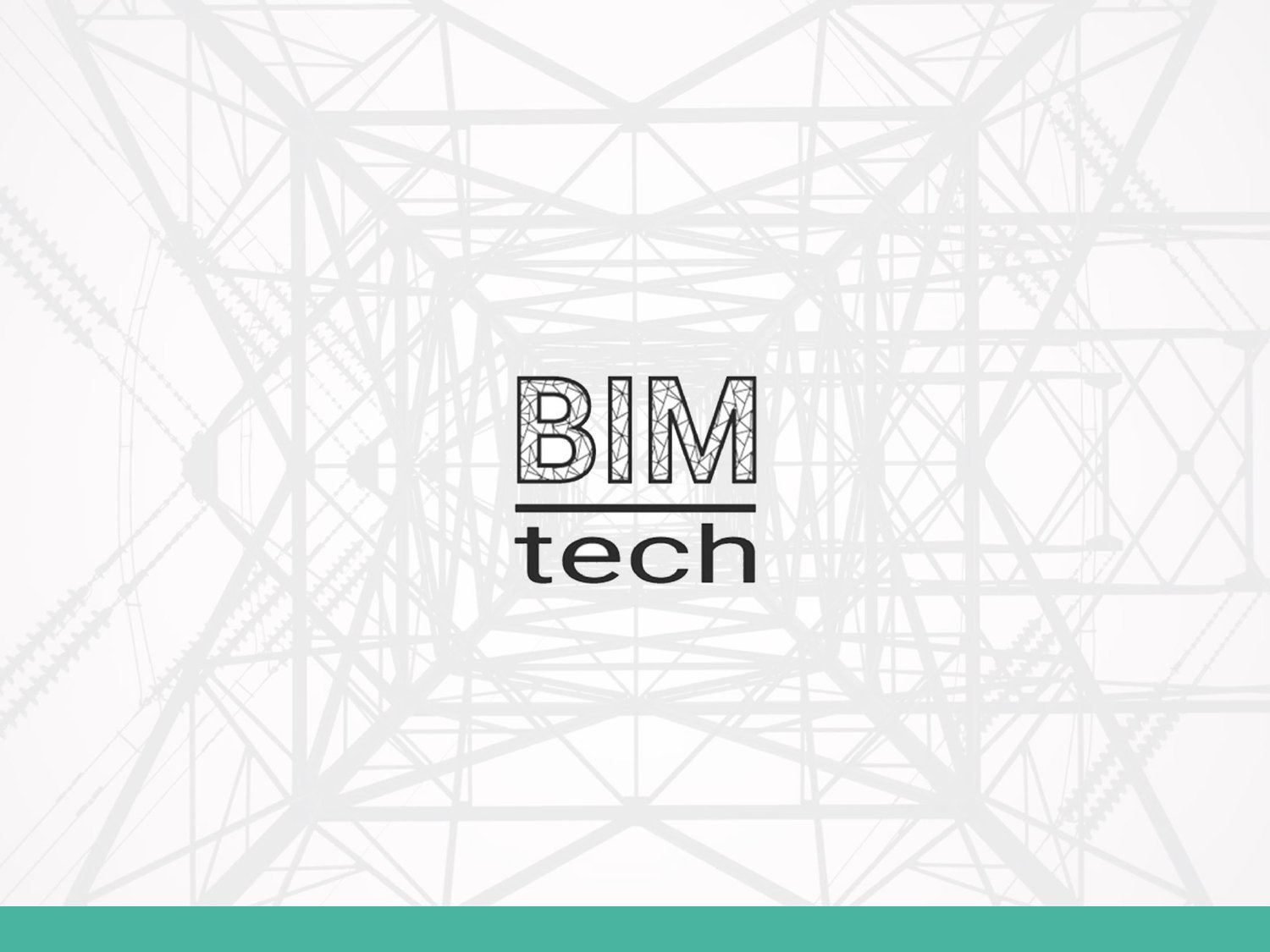
Leave a Reply